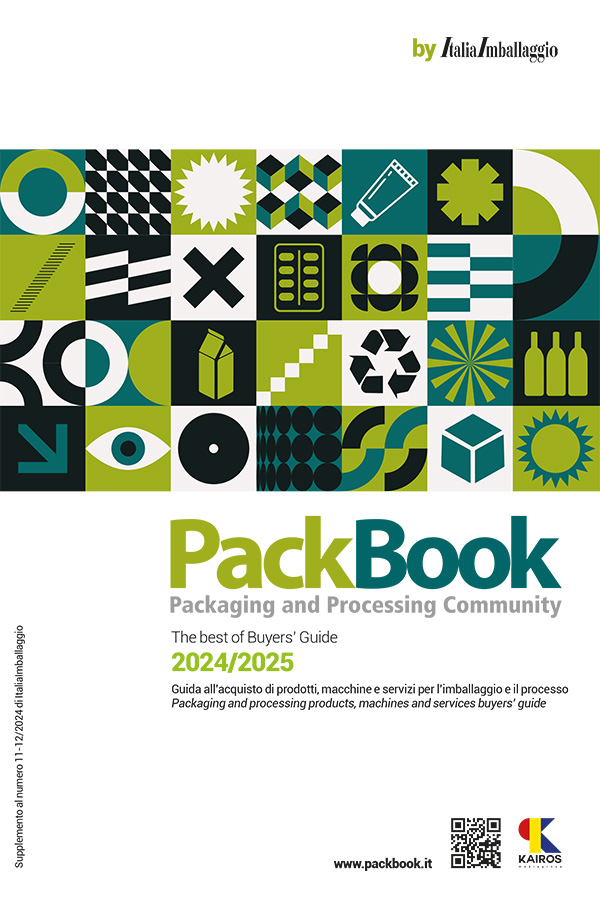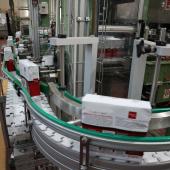Software and digital transformation
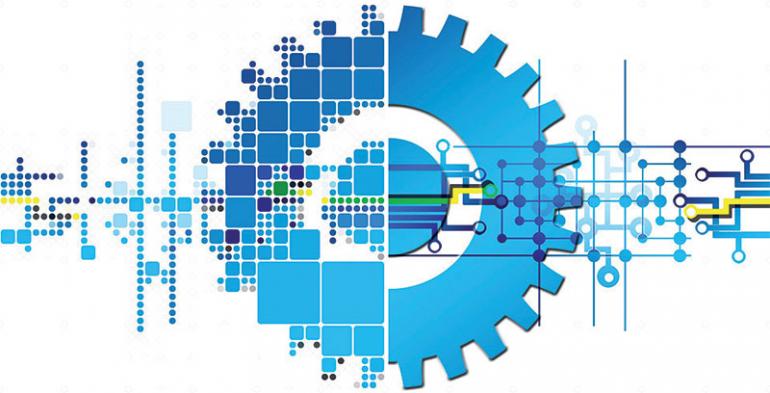
The trends, advantages and problems related to the choice and implementation of this indispensable "component" for Industry 4.0.
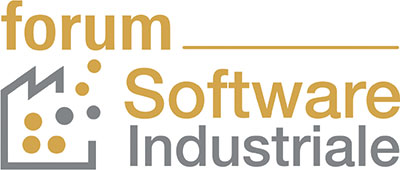 That industrial software is important in the field of Industry 4.0 is not something we find out today, and that it is a very topical issue has been confirmed by the success of participation that has rewarded the second edition of the Industrial Software Forum entitled "Digital Competitiveness. Oltre Industria 4.0" organized by ANIE Automazione together with Messe Frankfurt in Milan last February.
That industrial software is important in the field of Industry 4.0 is not something we find out today, and that it is a very topical issue has been confirmed by the success of participation that has rewarded the second edition of the Industrial Software Forum entitled "Digital Competitiveness. Oltre Industria 4.0" organized by ANIE Automazione together with Messe Frankfurt in Milan last February.
Current topic for two reasons: a technical one and a financial one, as it is linked to the new government incentives that, with the Transformation 4.0 plan, has increased by 40% the number of companies that can access it (including cooperatives); now software has become independent from hardware types and, for the current year, is entitled to a tax credit of 15%.
Investment in software is also becoming increasingly important: last year the sector was second only to interventions for the connection between machines.
«The software - explained the President of ANIE Automazione Fabrizio Scovenna - becomes crucial to manage the design, production, pre and post sales services, the same contacts with suppliers and customers. In order to remain competitive, a company must not block its technological development but must redesign its business. The challenge is not so much to do better, but to do different things, in a different way».
So, everything is all right? It's not exactly like that because, as Fabio Massimo Marchetti (President of WG Software Industriale di ANIE Automazione) reminded us, there is still a significant gap of competences in the Industry 4.0 field and a lot remains to be done in terms of training (see box).
Marketing & Industry 4.0
According to Angelo di Gregorio (Full Professor of Management, Università degli Studi Milano - Bicocca, Director CRIET) the incentives of Industry 4.0 have brought to the attention of operators the importance of digitizing the factory, passing from an ex post control to a real time monitoring that allows a cost reduction of 5-18%. For Di Gregorio «the digitization of the company's market system and its integration with the factory system is also crucial. In purchasing processes, in the face of an evolved demand, it is necessary to move from a multi-channel commercial and marketing approach to an omnichannel one».

Data management in I4.0
The importance of responsible and conscious management of big data, for which the "human factor" plays a key role, cannot be stressed enough. As Letizia Tanca (lecturer at the Department of Information Electronics and Bioengineering at the Milan Polytechnic) states «In I4.0, machines and robots act on the basis of data received, which is transmitted, exchanged, stored even in different places. Other data comes from the rest of the company and the outside world. To create value from them it is necessary to govern them with special tools such as ontologies, which allow to represent the semantics of the data itself, or as context-awareness. Integration is made easier and faster thanks to various techniques of analysis, statistics or machine learning».
The advantages of servitisation
As in the consumer world, technological companies are adopting new models at business level to help customers face digital transformation through the provision of turnkey services related to digital solutions. This is called "servitization", i.e. offering a service as an integral part of the product.
What benefits does it bring? According to Patrizia Cavallo and Maurizio Milazzo (Engineering Ingegneria Informatica), investments are limited and deferred over time, cutting-edge technologies, constantly updated skills, benchmarks on advanced technologies, possibility of tests and trials on innovative solutions, ahead of the market. The services offered concern plant monitoring and remote personnel management, extended collaboration (virtual, with multimedia documentation, voice interface) and cyber security. In the latter case with the use by a company of the SOC (Security Operation Center) that provides MSS (Managed Security Services).
Paperless production of biscuits and detergents
But we see a concrete example of digitization offered by Deco group with a turnover of about 200 million and two plants: one dedicated to the production of biscuits, the other to detergents for the brands of large retailers, Conad, Coop precisely. Deco is implementing an MES solution for flexible and paperless production, proceeding step by step: after the classic activity of analysis and planning, we have started to act on the two specific production areas. The third phase is currently underway: road map of deployment on the other production lines. The last two phases include predictive analytics for quality and maintenance and integration of supply chain through blockchain.
«Now the production activities are managed completely paperless - explained Fabio Massimo Marchetti (VAR Group) partner of the project - and the reconfiguration of the line is completely automatic (reduction of set up times and errors); changeover times have been reduced, thanks to the effective monitoring of activities, KPI calculation and evaluation of the causes of shutdown. Thanks to the monitoring of rejects and trends, efficiency has been improved. Finally, the need for staff training has also been reduced».
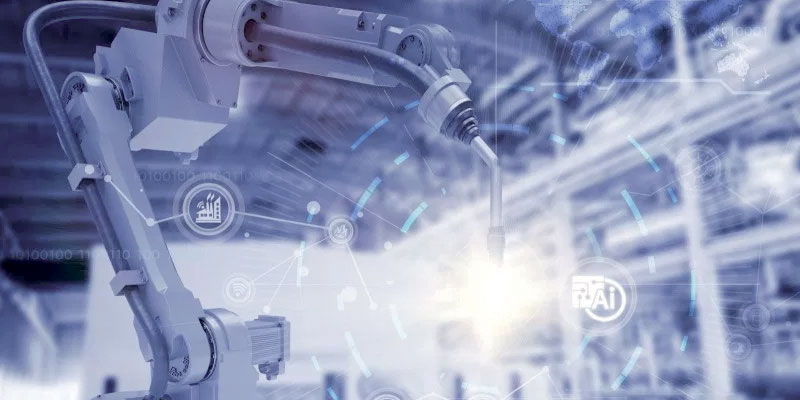
A new business: Software as a Service (SaaS)
The ecosystem is the "place" where the actors involved in the value chain find the necessary technologies to store and access data, in a secure way, respecting the privacy and regulations of all parties involved. But what benefits could a manufacturer of both machines/plants and products gain from adopting an ecosystem for data (Siemens MindSphere for MFL Group)?
«The advantages for the manufacturer - explained Camillo Ghelfi and Andrés Cartagena Ruiz (40Factory) - are the visualization and management of plants around the world, the guarantee of reliability and customer service, the possibility to evaluate the behavior of the plants in the field and to improve know-how and engineering. In short, the introduction of a new business: Software as a Service (SaaS)». The advantages for the user are: reduction/elimination of unplanned downtimes, identification of the optimal plant configuration (reduction of energy consumption, peak loads), longer plant life and reduction of downtime due to unnecessary maintenance.
The smart watch enters the factory
«We tested it on a monoreference infeed and multireference outfeed palletiser (typical of supermarket store supplies), integrated with vision system, and with anthropomorphic robot equipped with gripper. The smart watch has been implemented in SCADA» explains Diego Bizzozzero (ESA) presenting an interesting novelty: a simplified smart watch for critical industrial environments that receives signals (even wi-fi) but does not respond to control (does not control the operator); LED, customizable, sends MQTI messages and can be installed in new or existing lines, even at end users.
New life to SCADA
Despite the forecasts, the Scada have been and continue to be widely used and updated; today they find application in IoT, Cloud and Mobility contexts becoming SCADA on cloud.
«The main user of SCADA systems is the operator working on increasingly complex systems - explains Filippo Cubattoli (PCVue) - to whom it is essential to simplify the work. How? Thanks to more ergonomic SCADA graphic pages, working for "notifications" of anomalies on which to intervene, reducing the number of alarms and keeping only the really essential ones, guiding the operator in the search and diagnosis of the average anomaly, via interactive instructions, improving usability from smartphones with notifications, widgets, chatbots».
Smart packaging machines
Minipack Torre is a company that manufactures small packaging machines that, with the support of Schneider Electric, has undertaken the path of digitization. These are the results obtained: monitoring to remotely analyze performance and consumption (e.g. plastic), creation of analytical dashboards and alarms, customizable and configurable in a simple way; online track repository of the installed machines, online availability of documentation (manuals, video tutorials through augmented reality), history of all machines, geolocation of installed machines, management of all types of machines, Log of maintenance activities (history of interventions). «Thanks to the analytics - Andrea Piffari (Minipack Torre) pointed out - predictive maintenance services have been activated, improving support and service to the end user, and service and spare parts have been optimized». Finally, communication with MiniPack Torre distributors worldwide has been greatly improved.
5 tips for a correct approach to digitization
Fabio Massimo Marchetti (President WG Software Industriale of ANIE Automazione)
- Industry 4.0 should not be conceived as a technology but as a change in the production paradigm thanks to different and multiple technologies, to be chosen according to specific applications.
- Industry 4.0 is not disruptive; it is a path that passes from specific areas of intervention and then expands to complete digitalization, which designs a new Company Idea. Start slowly with a consistent introduction to small sectors.
- People must be involved. Industry 4.0 does not eliminate the role of personnel, but represents a stimulus for the professional growth of human resources, called to increase their responsibilities and skills. This path is the essential prerequisite for the company to evolve.
- Industry 4.0 does not only involve internal processes and digitization, but also requires the rethinking of its offer and the creation of new products and services to build loyalty in the supply chain.
- The transformation towards Industry 4.0 must not be started only because of the incentives, but because the concrete advantages for efficiency and competitiveness have been understood: it is fundamental to evaluate in a coherent way the return on investments to verify that the projects carried out are always in line with the company objectives.
